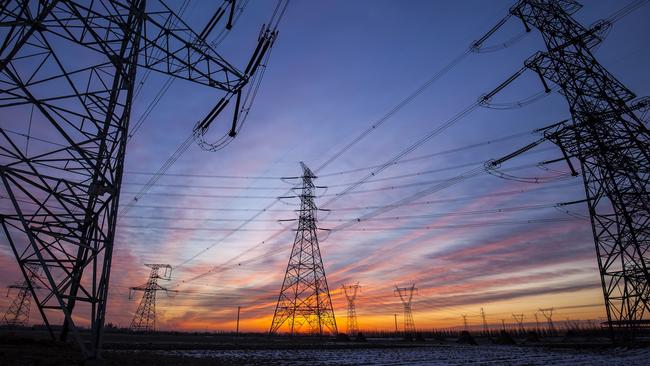SA government fears ‘gaming’ of price move
South Australia’s Liberal government has raised concern over power price regulation proposed by its federal counterpart.

South Australia’s Liberal government has raised concern over power price regulation proposed by its federal counterpart, warning that the potential for electricity retailers to game the system could mean a bid to lower prices backfires.
The federal government will impose a default market offer for NSW, South Australia and southeast Queensland from July 1 to solve the problem of customers who fail to negotiate better deals with power companies by sticking with their existing providers after their contracts expire. Victoria has already introduced its own default mechanism.
The default offer will act as a reference price and require power retailers to advertise standing and market offers against a common price benchmark.
However, the task handed to the Australian Energy Regulator of setting the pricing benchmark is contested amid warnings it may lead to fewer offers and an increase in prices of standing and market tariffs for customers.
The South Australian government said it was concerned by the potential implementation of the default offer.
“We query whether retailers could structure their offers in such a way to disadvantage certain customer types, or avoid compliance, or potentially confuse comparisons against the default market offer or reference price,” South Australian Energy Minister Dan van Holst Pellekaan said in its submission.
“The AER should therefore consider how potential gaming could occur, and be overcome, in its approach to determining the final DMO (default market offer).”
It also raised concern over the AER’s call that customers would not be worse off under the mechanism.
“We do question how the AER can be confident that no customer will be worse off,” Mr van Holst Pellekaan said.
“While retailers may not increase current tariff levels, the potential for retailers to disproportionately reduce each tariff component may impact on certain customers differently.”
While power companies have attacked the move — describing it as government re-regulation of the sector stifling competition, reducing innovation and delivering a benefit to a minority of consumers at the expense of the majority — the government says the industry has itself to blame by not fixing the problem on its own watch.
A draft AER determination shows customers on flat-rate standing offers will save up to $174 a year, those on controlled load tariffs will save up to $218 and business customers $937.
About 14 per cent of customers are on standing offers, prompting warnings from the energy sector that the 86 per cent on better deals could see bills increase.
Energy Minister Angus Taylor has said the government was axing the so-called loyalty tax paid by customers who failed to shop around, delivering savings to tens of thousands of small businesses and up to 750,000 residential customers.
A default market price was one of the recommendations of the competition watchdog following its inquiry into retail electricity pricing last year.
The Australian Energy Market Commission subsequently warned a large proportion of the market
could be worse off under the default offer.
The Australian Energy Council, a lobby group for the biggest power operators, questioned the impact of the default offer proposal on existing deals in the market.



